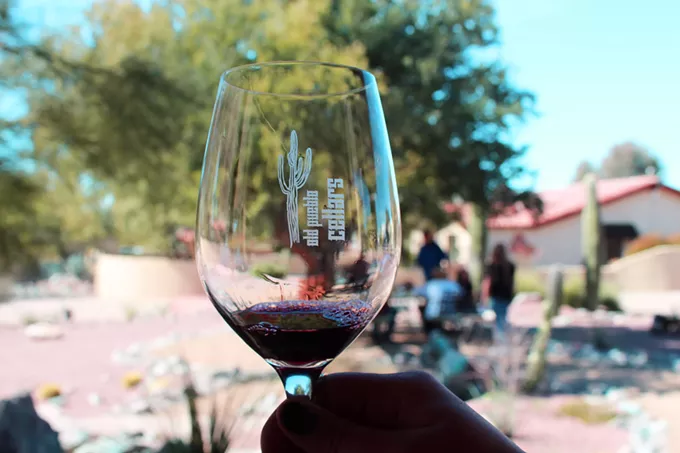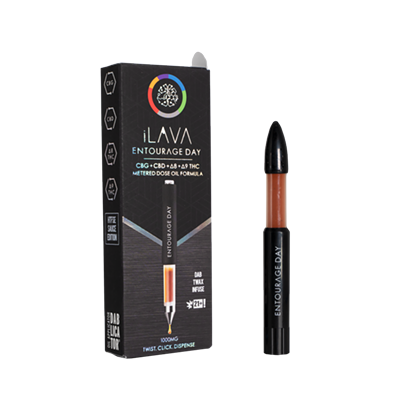
Newly opened Old Pueblo Cellars Winery will make its festival debut at Off The Vine, bringing organic wines made with traditional techniques.
Although Old Pueblo Cellars recently opened on Oasis Road, owner Roger Pelton has been interested in winemaking since the 1970s.
“We became accidental vintners,” Pelton said.
Pelton bought a large ranch in the fertile area of Mariposa, California in the early ’70s. Pelton’s boys discovered grapes on the property one summer. He asked his sons to show him where they found grapes.
“It was a vineyard that had been planted probably around the turn of the century, maybe close to 100 years, 80 years before that, and hadn’t been cared for because it was isolated,” he said.
Older neighbors taught Pelton how to make wine based on traditional techniques like slow fermentation. Pelton made wine from his grapes and gave bottles to his neighbors. “Everybody thought it was just delicious,” he said
Pelton had to take a step away from winemaking when he moved to Texas in the ’90s. Yet, he came back to his beloved hobby in 2008 after purchasing land in Tucson. Pelton asked University of Arizona experts to analyze the soil for grape growing potential. They gave Pelton six varieties that could survive the heat.
“These were heat-loving grapes and they flourished, they just went crazy,” he said with a laugh. “You know what they call wine: liquid sunshine.”
Using those old-fashioned techniques taught to him decades before, Old Pueblo Cellars has produced two white wine and four red wine varieties. White varieties are left in a wood barrel for about a year and a half. Reds absorb flavors from the wood barrel for three to four years. All of Old Pueblo Cellars’ wines will be available at Off The Vine Wine Festival.
“There are three major things we don’t really do,” he said. “We don’t filter, we [don’t use heated] fermentation, and we don’t use any pesticides or herbicides other than organic.”
Cold fermentation can be a long process for winemaking and Pelton says this technique is rarely used by large-scale wineries. Heated fermentation is quicker for mass production purposes, but Pelton says this leads to less complex flavors.
The winery does not blend its wines and Pelton avoids sulfites because he is among those who suffer from headaches when they drink wine that contains sulfites, which wineries often use to enhance taste and preservation. Besides headaches, a small number of people experience side effects such as heavy breathing and digestive problems after ingesting sulfites.
“They add things to try to make it better, and they always make it worse,” Pelton said.
Old Pueblo Cellars’ varieties include:
• Viognier (white), full flavor of almonds and peaches with the creamiest finish of Old Pueblo’s wines.
• Malvasia (white), enhanced with floral notes. Tropical fruits such as guava and mango are highlighted by lychee.
• Sangiovese (red), an incredible tomato top herbal at the finish with a full-bodied taste of red cherries and holiday spice at first sip.
• Malbec (red) is a fruity and acidic variety that derives complexity from blueberries, pomegranates, herbs and violets.
• Petite Sirah (red) is high in tannins with the unique taste of cooked blackberries and mint.
• Tempranillo (red), is a warm blend of tobacco, leather, spice, and plum that makes this wine a revelation on the
palette.














